In an age where digital media permeates our lives, AI’s ability to seamlessly manipulate photos and videos has raised profound questions about the integrity of our memories.
The Rise of AI in Visual Media
AI has revolutionized photo and video editing, enabling alterations previously unimaginable. Sophisticated algorithms can now change facial expressions, swap faces entirely, modify body shapes, and even create realistic deepfake videos where individuals appear to say or do things they never did. While these tools offer exciting possibilities for creative expression and entertainment, they also pose a serious threat to our ability to distinguish between what’s real and what’s fabricated.
The Psychology of Memory and Visual Information
Our memories are not perfect recordings of the past. They are reconstructions, influenced by a variety of factors, including our emotions, expectations, and the visual information we encounter. Studies have shown that even subtle alterations to images can significantly impact our recall of events. When we see a photo or video that has been manipulated, our brain incorporates that altered information into our memory, potentially creating false or distorted recollections.
The Erosion of Trust
AI-powered alterations have the potential to erode trust in visual media. When we can no longer be certain that what we see is authentic, it becomes increasingly difficult to rely on photos and videos as evidence or documentation of events. This has implications for everything from journalism and historical records to legal proceedings and personal relationships.
Personal Experiences with AI-Altered Media
Even on a personal level, I’ve encountered instances where AI-tweaked images have challenged my own memories. Recently, a friend shared a group photo from a vacation we took a few years ago. In the photo, everyone looked noticeably slimmer and more tanned than I remembered. At first, I questioned my own recollection of the trip. Had everyone really been that fit? Was my memory playing tricks on me? Later, my friend admitted that they had used an AI photo editing app to “enhance” the image. While the changes were subtle, they had a profound impact on how I remembered that experience.
The Societal Impact
The widespread use of AI-altered media can have far-reaching societal consequences. It can perpetuate unrealistic beauty standards, leading to body image issues and mental health problems. It can fuel misinformation and propaganda, making it easier to spread false narratives and manipulate public opinion. And it can create a culture of distrust, where we become increasingly skeptical of the visual information we encounter.
Navigating the Altered Reality
So, how do we navigate a world where AI has blurred the lines between reality and fiction? Media literacy is more crucial than ever. We need to develop critical thinking skills to question the authenticity of the visual content we consume. We need to be aware of the potential for AI-powered alterations and consider the source and context of the images and videos we encounter.
Technological Solutions
While media literacy is essential, technology can also play a role in combating the negative impact of AI-altered media. Researchers are developing tools to detect deepfakes and other forms of AI-powered manipulation. Blockchain technology can be used to create tamper-proof records of visual content, ensuring its authenticity.
The Future of Visual Media
The future of visual media is at a crossroads. AI has the potential to both enrich and distort our perception of reality. It’s up to us to ensure that we use these powerful tools responsibly and ethically. We need to foster a culture of transparency and accountability, where the creators of visual content are clear about any alterations they have made. And we need to continue to develop technological solutions to help us distinguish between what’s real and what’s not.
AI-tweaked photos and videos have the power to reshape our memories and alter our perception of reality. As we become increasingly reliant on visual media, it’s essential to be aware of the potential for manipulation and to approach the content we consume with a critical eye. By fostering media literacy, developing technological solutions, and promoting ethical practices, we can navigate the altered reality and ensure that our memories remain grounded in truth.


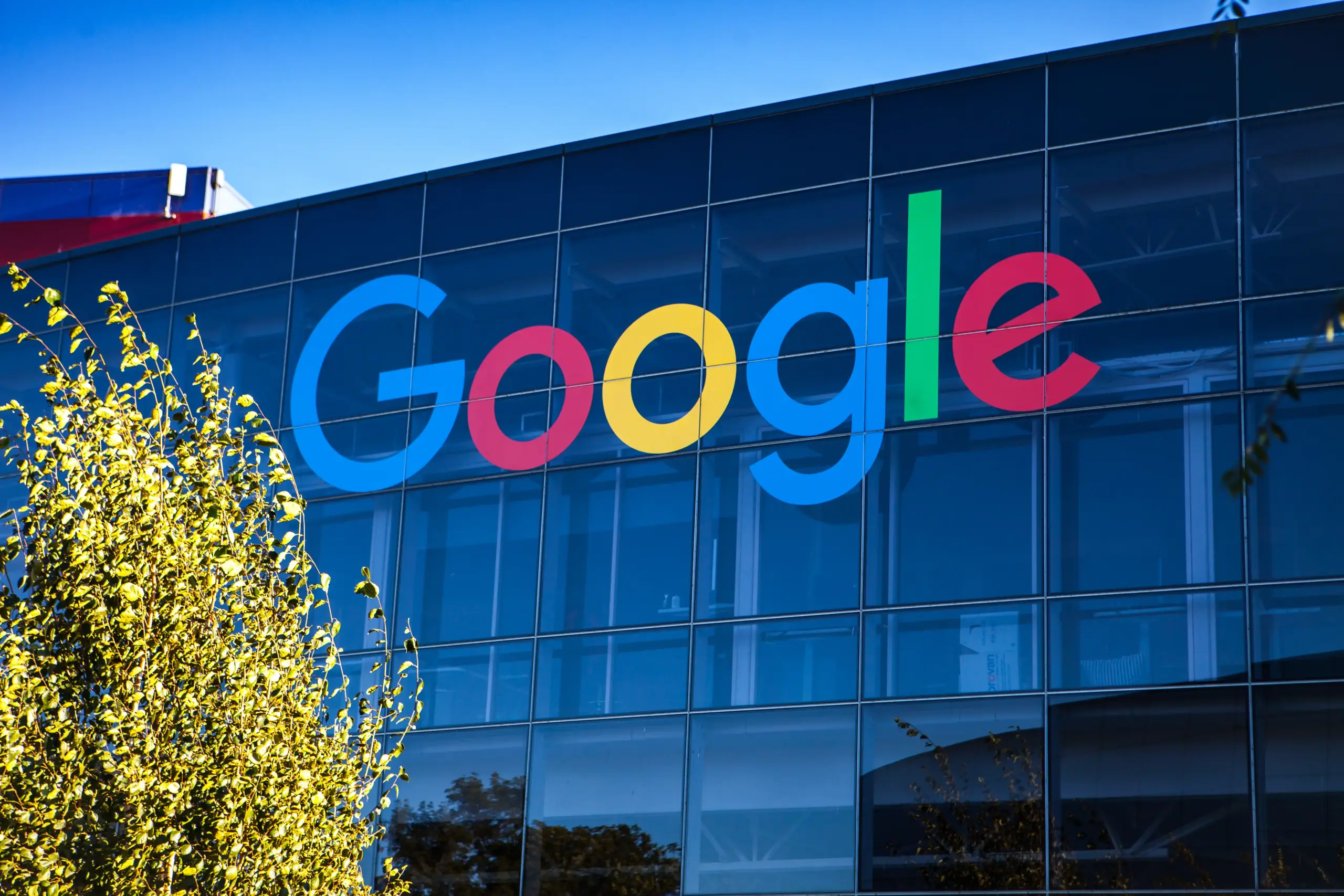
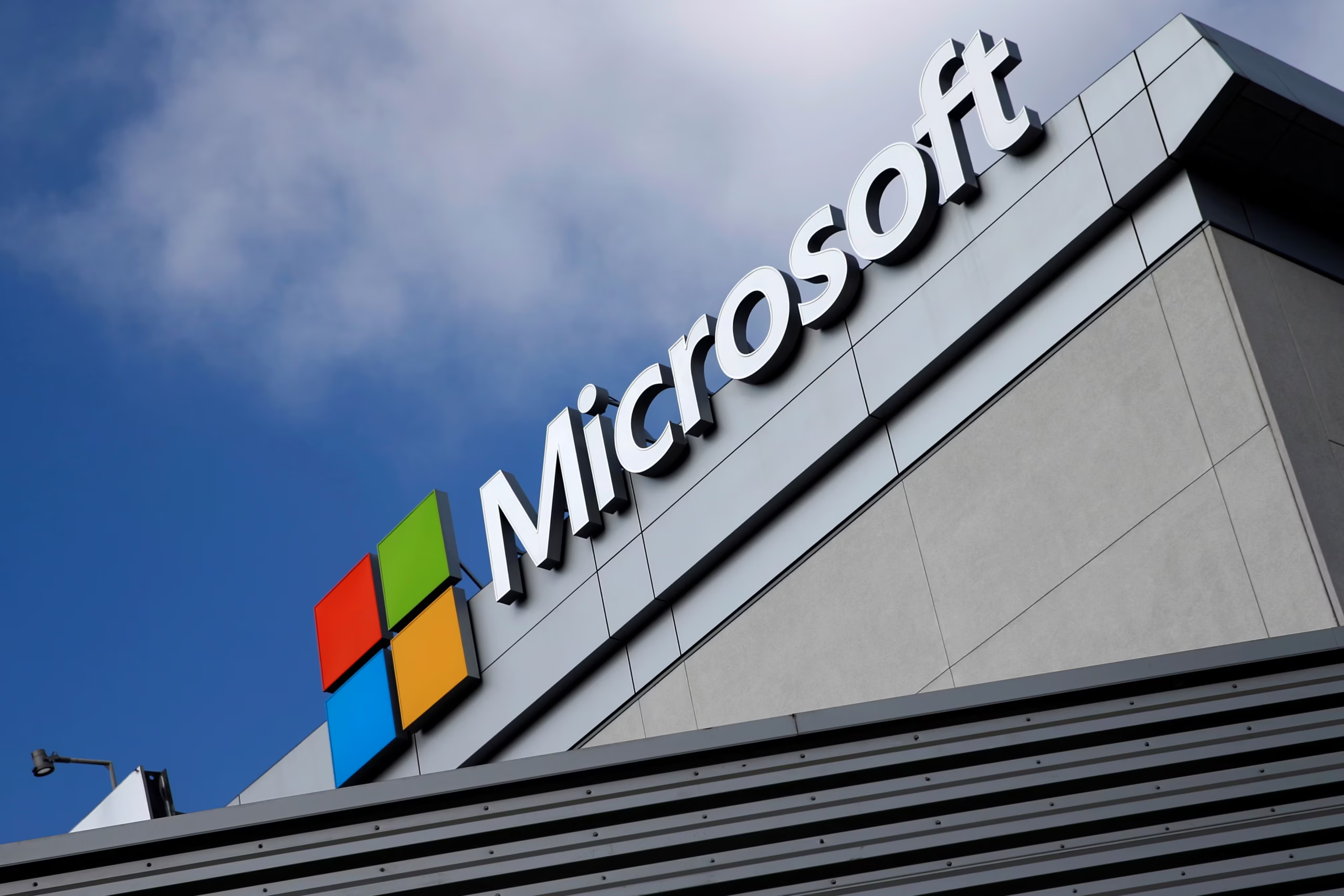
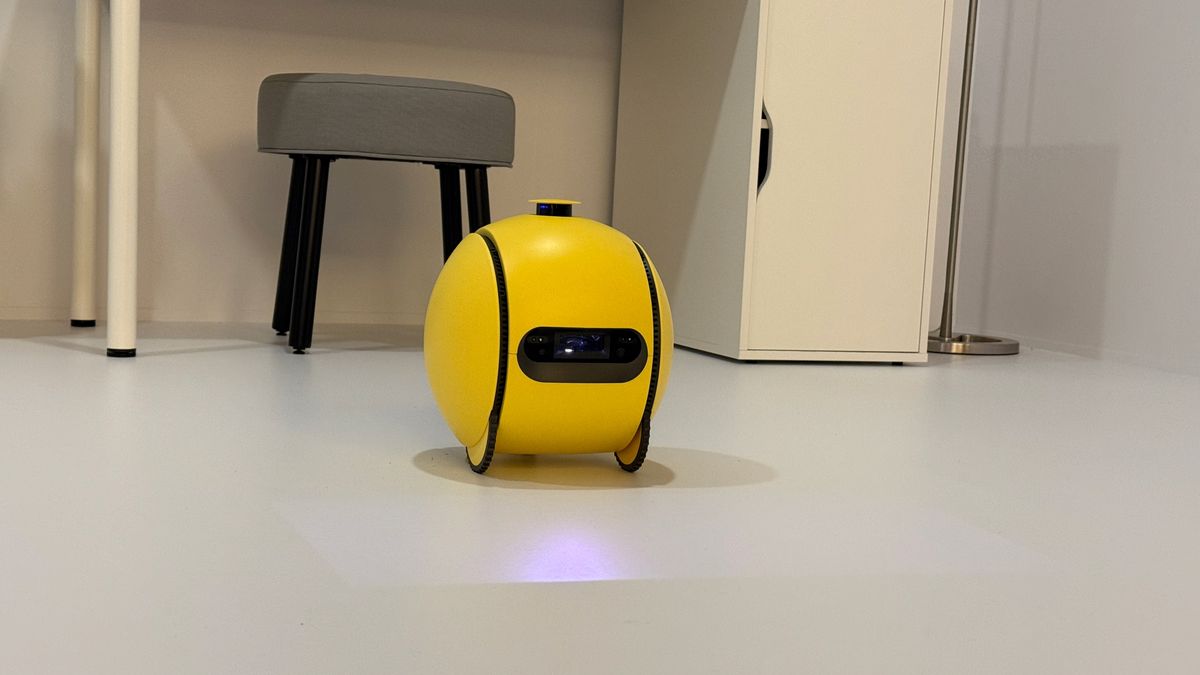
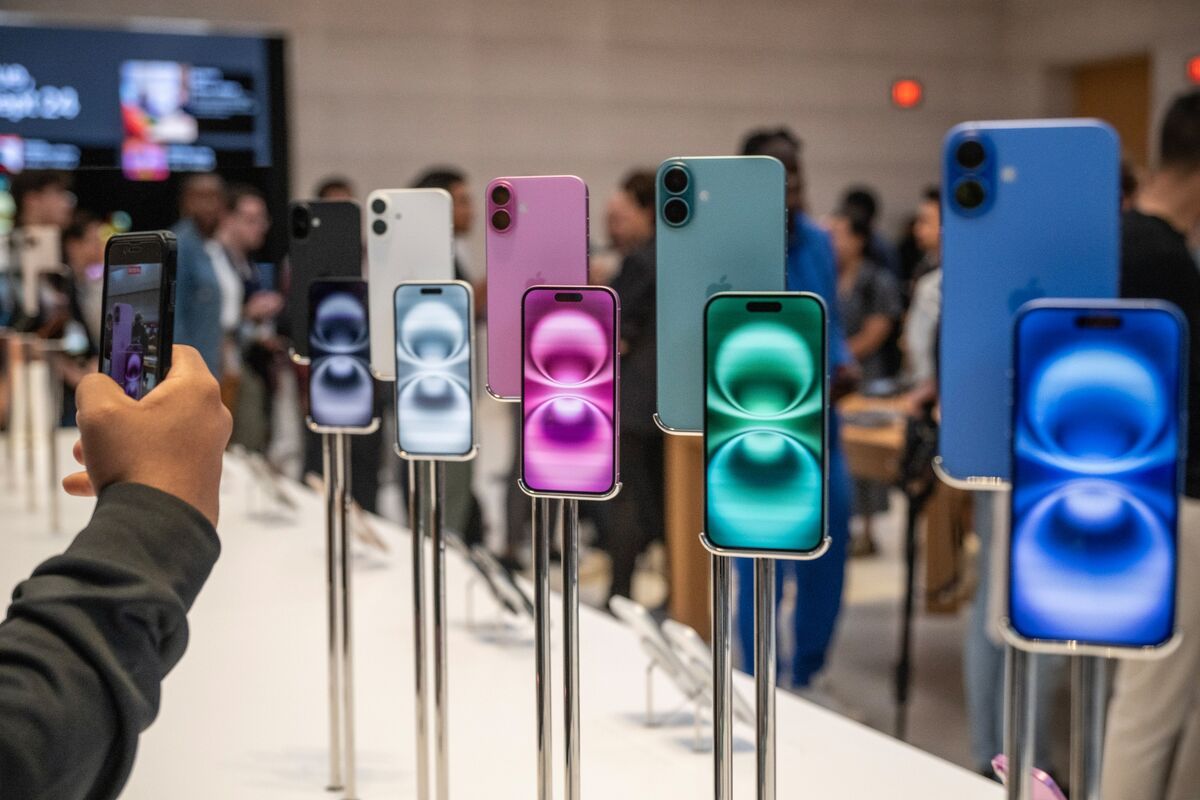

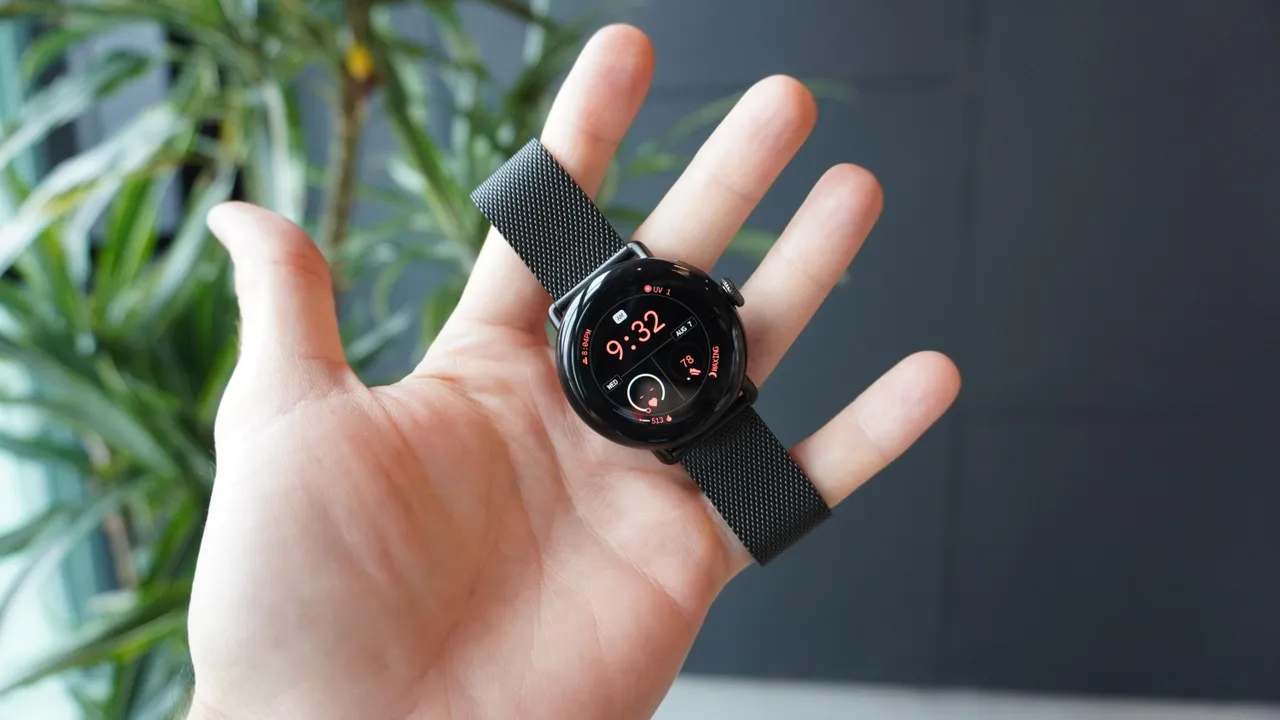
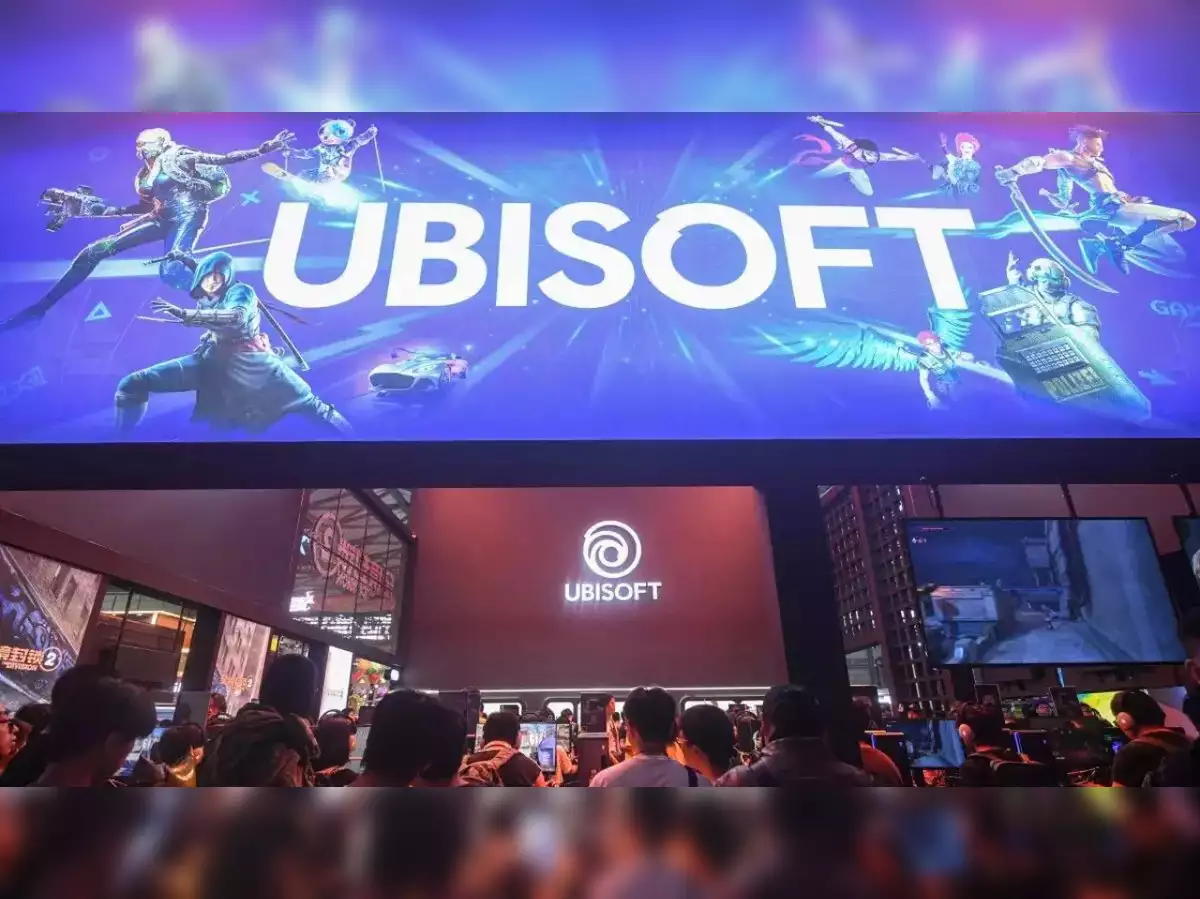
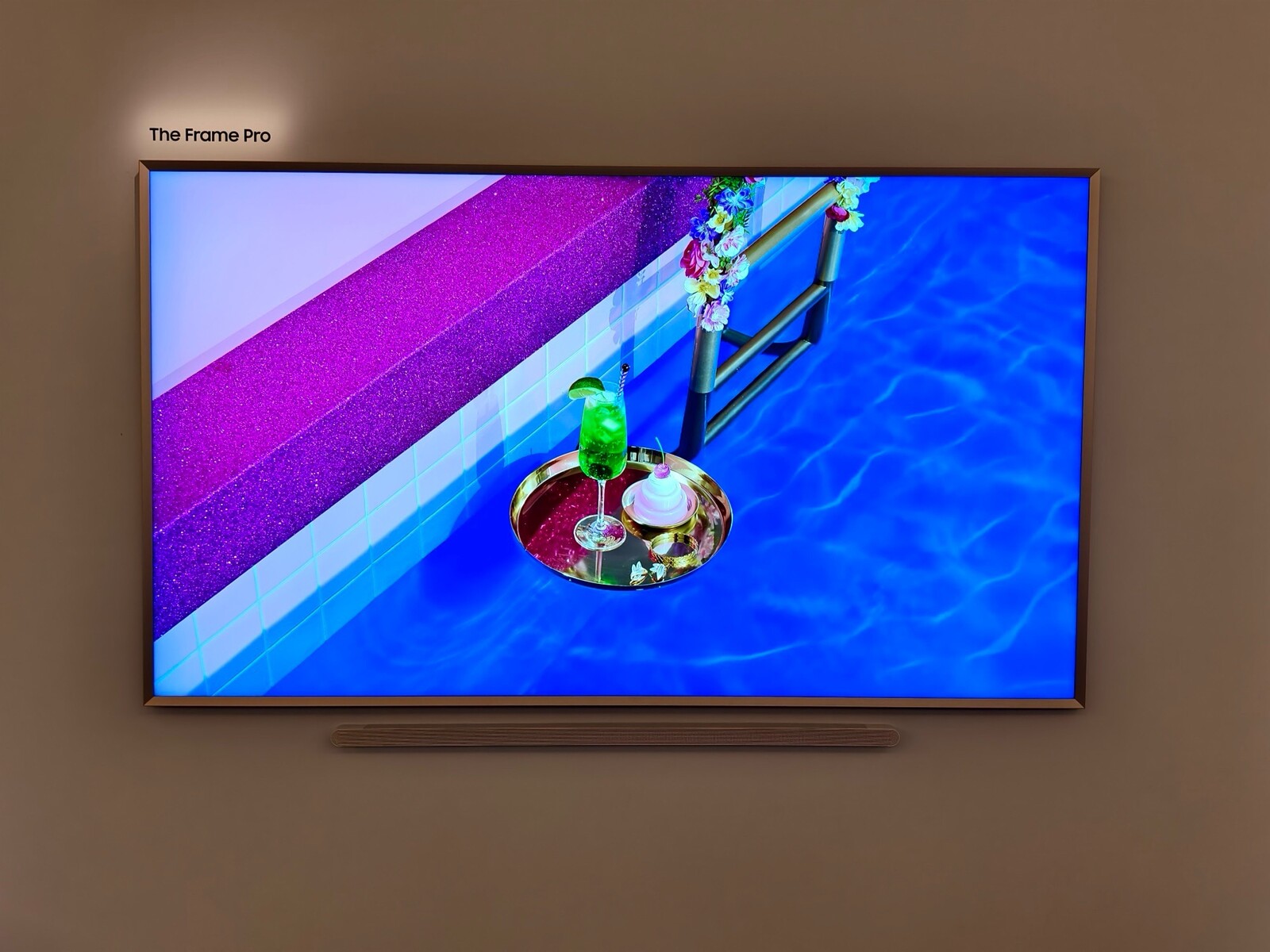
Add Comment